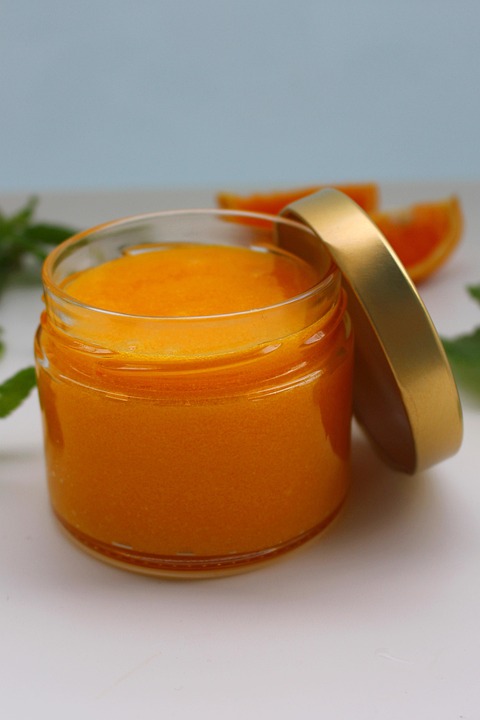The Future of Natural Cosmetics: Blending Food Science, Sustainability, and Skin Health
Natural cosmetics have been gaining popularity in recent years as consumers become more conscious about the ingredients they put on their skin. With a growing emphasis on sustainability and health, the future of natural cosmetics lies in the intersection of food science, sustainability, and skin health. This report will explore how these three elements are shaping the natural cosmetics industry and driving innovation in product development.
Food Science in Natural Cosmetics
Food science plays a crucial role in the formulation of natural cosmetics. Many natural ingredients used in cosmetics are derived from food sources such as fruits, vegetables, and herbs. These ingredients not only provide nourishment to the skin but also offer a range of benefits such as antioxidants, vitamins, and minerals. For example, ingredients like avocado oil, coconut oil, and shea butter are commonly used in natural cosmetics for their moisturizing and healing properties.
Food science also helps in the extraction and processing of natural ingredients to ensure their efficacy and stability in cosmetic formulations. Techniques like cold-pressing, fermentation, and extraction methods help preserve the integrity of natural ingredients and enhance their bioavailability for the skin. As consumers demand more transparency and authenticity in their skincare products, food science will continue to play a key role in the development of natural cosmetics.
Sustainability in Natural Cosmetics
Sustainability is a major driving force in the natural cosmetics industry. As consumers become more aware of the environmental impact of traditional cosmetics, they are turning towards natural and eco-friendly alternatives. Sustainable practices such as sourcing organic ingredients, using recyclable packaging, and reducing carbon footprint are becoming standard practices for natural cosmetics brands.
Companies like Lush Cosmetics and The Body Shop are leading the way in sustainable beauty with their commitment to ethical sourcing, zero-waste initiatives, and activism for environmental causes. These companies have set a benchmark for the industry and are inspiring other brands to follow suit. As the demand for sustainable beauty products continues to grow, companies will need to prioritize sustainability in their product development and supply chain practices to stay competitive in the market.
Skin Health in Natural Cosmetics
Skin health is at the core of natural cosmetics. Unlike conventional cosmetics that may contain harsh chemicals and synthetic ingredients, natural cosmetics focus on nurturing and nourishing the skin with gentle and plant-based ingredients. Natural ingredients like aloe vera, chamomile, and green tea are known for their soothing and healing properties, making them ideal for sensitive or problem-prone skin.
In addition to being beneficial for skin health, natural cosmetics also promote overall well-being. Many natural cosmetics brands incorporate aromatherapy and holistic practices into their products to enhance the emotional and mental health benefits of skincare. By prioritizing skin health and holistic wellness, natural cosmetics are redefining beauty standards and encouraging consumers to embrace a more natural and sustainable approach to self-care.
Industry Insights and Financial Data
The natural cosmetics industry is experiencing rapid growth, with the global market expected to reach $54.5 billion by 2027, according to Grand View Research. This growth is driven by increasing consumer awareness of the benefits of natural ingredients, as well as growing concerns about the environmental impact of traditional cosmetics.
Leading natural cosmetics companies like Tata Harper Skincare, RMS Beauty, and Herbivore Botanicals are capitalizing on this trend by offering a wide range of natural and organic skincare products. These companies have built a loyal following of consumers who appreciate their commitment to sustainability, transparency, and quality. As the demand for natural cosmetics continues to rise, we can expect to see more innovations in product formulations, packaging, and marketing strategies to cater to the evolving needs of consumers.
In conclusion, the future of natural cosmetics is bright, with a strong focus on blending food science, sustainability, and skin health. By harnessing the power of natural ingredients, embracing sustainable practices, and promoting skin wellness, natural cosmetics brands are poised to revolutionize the beauty industry and set new standards for ethical and eco-friendly skincare products. As consumers become more informed and conscious about the products they use, the natural cosmetics industry will continue to thrive and innovate in the years to come.




